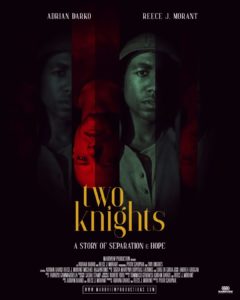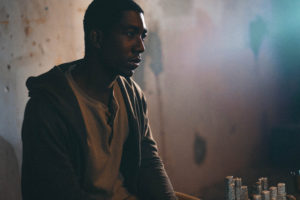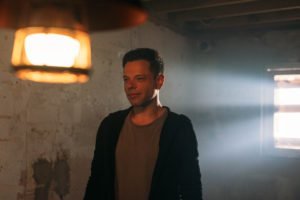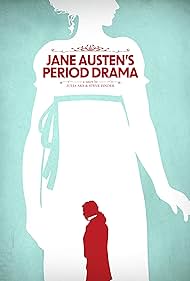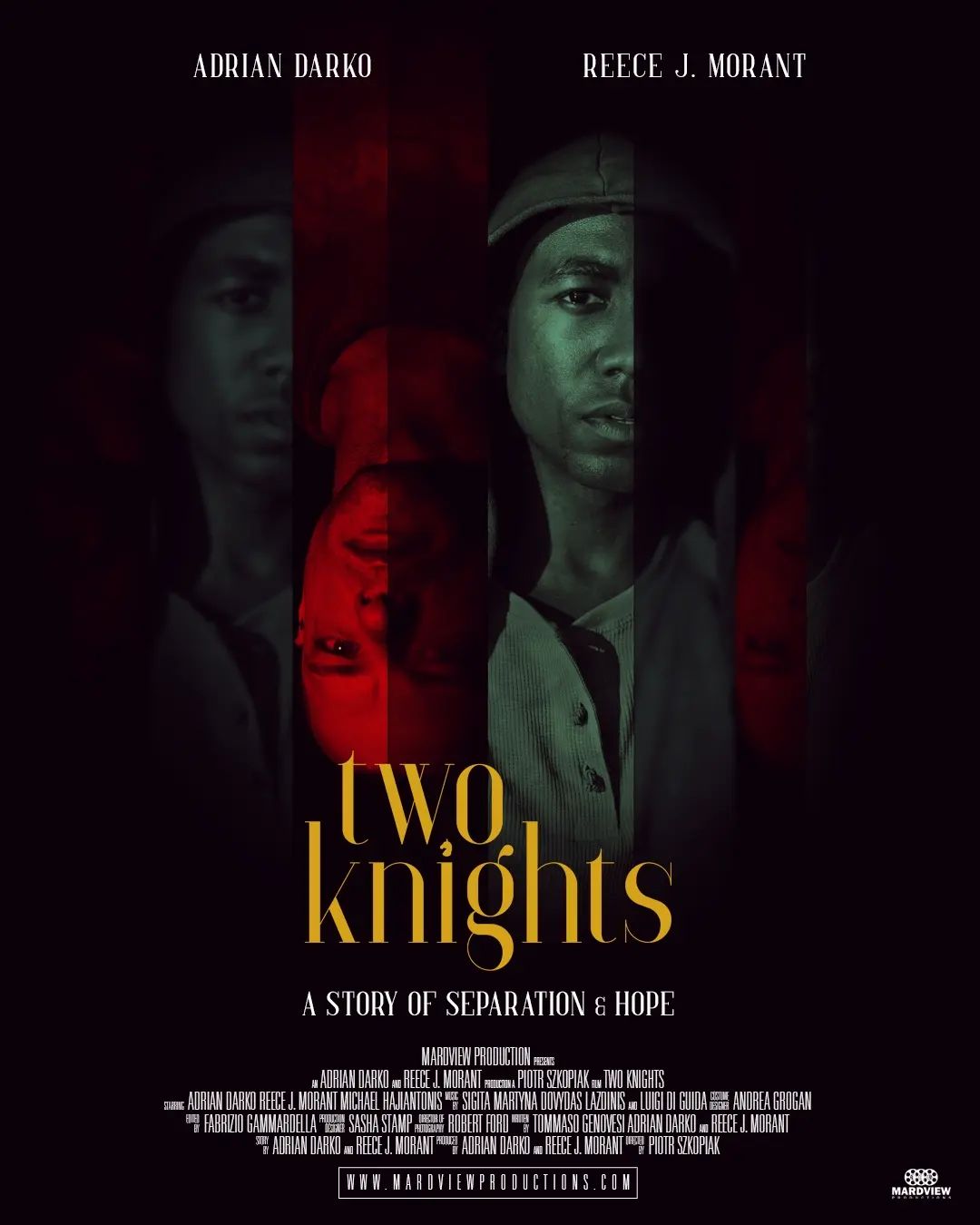
Short Film Review “Two Knights”
WATCH THE TRAILER HERE
First, the Recap:
A rupturing of alliance and association. If time has formed a union between two people, specifically a deeply, tangibly abiding friendship, that spans a scope of decades for instance, anything that would come between it, breaking it apart, would be devastating to the soul. Yet, while we would never wish this to happen to us, what if said breaking occurs but is then revisited with the realization that had it all been assessed more emphatically beforehand, might the rift have been avoided? This foundational question only scratches the surface for two eternal beings meeting for the first time in a millennia–the Archangel Michael (Reece J. Morant) and the fallen Morning Star himself, Lucifer (Adrian Darko). Over a solitary game of chess, their volatile, often pointed conversations about the very nature of all they are and the fate of everything around them causes both to ponder what once was–and maybe what could still be?
Next, my Mind:
Need this critic say it once more? Yes, I feel I must. Indie film shines brightly again, outdoing its mainstream brethren, proving through dramatically portrayed subtlety, subtext, and conjecture paired with outright emotional poignancy, intellectual astuteness, and cleverly conceived explorations of the age-old concept of good vs. evil that SO much can be said in abbreviated scale without losing ANY sense of completeness or strength of impactful intent upon the viewer. This IS the beauty of short film done right, and is demonstrated to excellent, smartly written degrees here via the newest 16-minute independent effort from director Piotr Szkopiak, writer Tommaso Genovesi, writer/co-producer Adrian Darko, and writer/co-producer Reece J. Morant. As if also the case so often, it is the sheer raw, uncomplicated simplicity of the overall production that allows characters to take center stage and deliver a philosophical exposé that admittedly makes one sit back and contemplate what’s been conveyed, regardless of personal beliefs.
It’s a beautifully delivered narrative exercise in totally accessible existential theory placed within farther-reaching, universally encompassing realities of Heaven and Hell, God and Satan, the secular and divine, and all the questioning of why things are the way they are in the face of what is ultimately supposed to be ruling over it all, the lynchpin know as love. It becomes an even more evocatively intriguing series of arguments about the other primary thematic tangents we glean–the presence of evil/suffering and the value of brotherhood founded on the absolute truth of created adoration and bonds being able to be disrupted and severed–when its being discussed by two of the biggest eternal beings outside of God Himself and how it entertains their highly unique perspectives on events before and after The Fall which have influenced not only humanity–but their own formally, seemingly, inseparable, deep-seated attachment.
What is it to rebel against the very One who created love that is supposed to last forever and is always present, yet found it necessary to ensure when it is challenged that those who cast it aside for their own ambitions are themselves cast out? Was there an actual choice given? What does it say about the world that was created in His image and idea of perfect love while we see such blatant evil allowed to reign free? Is there a reason for everything, even the bad, that somehow DOES lead to redemption and a reuniting with the love we’re supposed to reside with and within? And in view OF this, can we somehow discover the ability to truly rely on faith alone to sustain us, even when the answers are elusive and it doesn’t appear there’s any chance for things to improve, but rather only get worse? I feel this is all given a fair share of reflection throughout the film’s runtime, even when some of it IS reading between the lines or slightly veiled amidst the myriad of other moments being shared by two immortals, both of whom are warriors for what they believe in. But, does it not all speak to US as well? That is the understated but present actuality about this–these beings may be discussing timeless things, yet it IS about humanity as well as themselves.
By the time the film’s finale arrives, it places a provocative final punch to the overall opposing philosophies our lead characters’ have just spent time stewing over between them, and it is what gives the narrative it’s purposeful resolve that leaves an impression on you as the viewer. I personally don’t take this project as a slam on “religion” if you will, but more aimed to utilize it as a springboard to analyze the queries so many of us have when it comes to the ideas of what love and, truthfully, HOPE have to offer us and at least be willing to look at objectively, finding both facets to agree and disagree on, but do so with open minds and hearts. The film’s stark yet eerily effective visual setting, aided by the equally–strangely unsettling–locale in which the story unfolds lends a wonderfully atmospheric quality that deftly befits it to perfection, even to the extent of symbolizing the exact notion of the toll age and separation can have on things. Hopefully I am not trying to stretch too much in saying so, but all I know is that the film’s imagery suits its themes.
Morant, emotively playing the character with smooth, quietly simmering intensity, infuses a very real sense of strong-willed, adamant, unwavering, stout-hearted, authoritative conviction into Michael, one of the most well-known warrior angels in God’s army whose come down to Earth after a thousand years to meet with the last individual he really expected to see, his former brother-in-arms and stalwart friend, Lucifer. Trying his best to weather Lucifer’s verbal attacks against his Maker while also defending the faith and loyalty his Creator instilled him with, Michael finds himself having to consider more of what Lucifer is telling him than he might have expected, leading to engaging moments between the two of them about the fate of humanity, the world, and even their former connection with each other. It’s a profound series of contemplations Michael is left to reject (yet also concede to?) and how Morant plays out this dichotomy of reasoning within Michael is very well presented, fully entertaining, and realistically relatable.
Likewise, Darko chews scenery every moment he can through a fantastically confident, sometimes quiet (in similar fashion as Morant) but then explosively passionate, performance as Lucifer, the Fallen One, who has playfully invited Michael to a game of chess while having, as one would expect, his own agenda afoot from the start. Confronting his former friend with the arguments heard many a time over when it comes to Michael’s service to and consistent backing of God, Lucifer attempts to do his best to make Michael realize there may actually be more to question about The Almighty and His plans than would be evident, even as the casual, nonchalant, and still utterly self-serving nature of Lucifer oozes forth with gleeful smugness. Yet, there is a vulnerability within Lucifer that appears as well, and it is this that begins to potentially work in his favor while convincing Michael of the realities he’s pointing out. It’s a noteworthy, spot-on performance Darko gives as the Prince of Lies, and it’s the perfectly played foil to Morant’s embodiment of good.
The primary supporting appearance is made by Michael Hajiantonis as the Archangel Raphael. So, in total, “Two Knights” at minimum is a tale of love, hope, denial, moralizing, justifying, and questioning that which is supposed to represent undeniable, divinely incontrovertible truth while exposing the mere possibility that the flaws, evils, and sufferings we see in ourselves and this world COULD have much higher-reaching origins, filling our minds with as-yet-to-be-answered queries while trying to see faith, promises, and real devotion in and to each other as something to experience and continue striving for. Let’s be frank–given the literal condition of what we DO see around us in this current age, we’d best find a more Heavenly path before there’s the Devil, and Hell, to pay.
As always, this is all for your consideration and comment. Until next time, thank you for reading!
